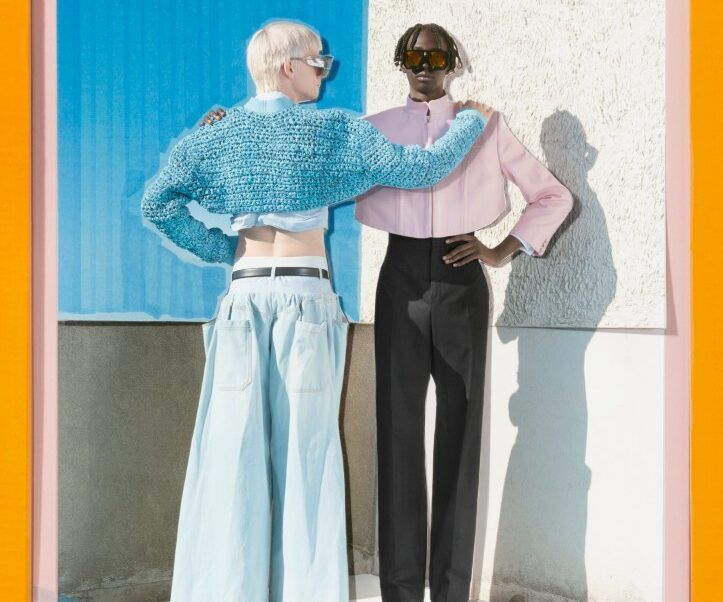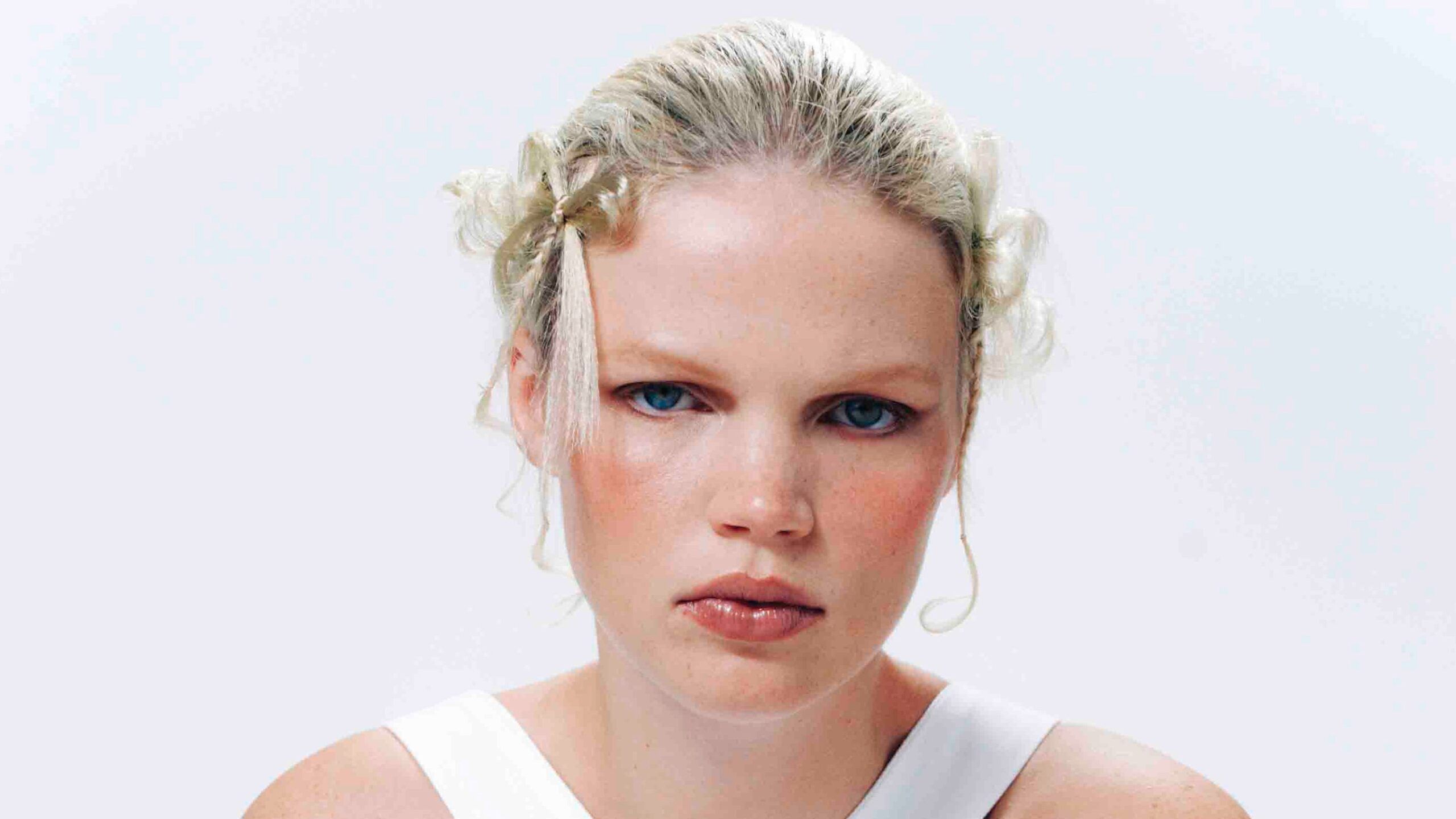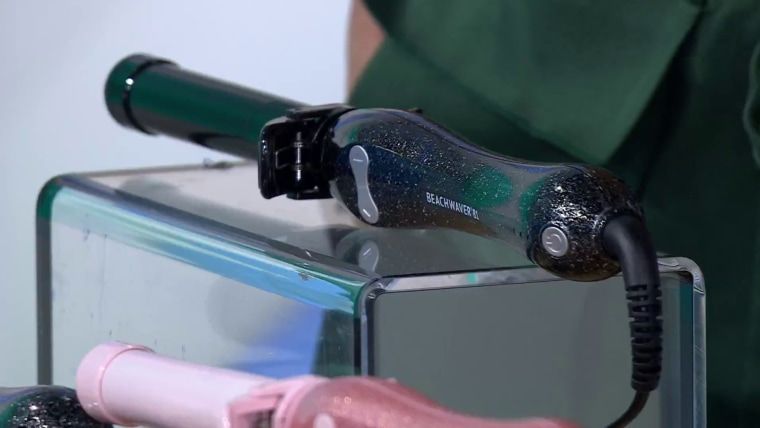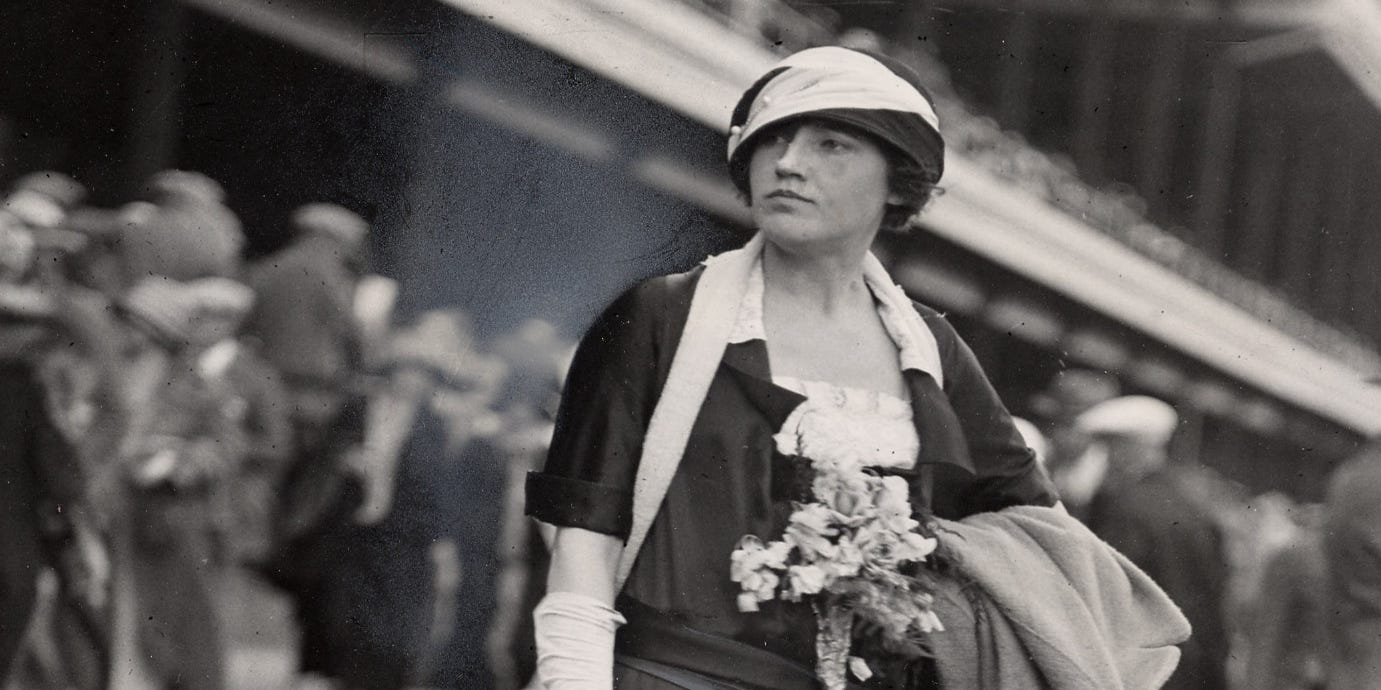HYÈRES, France — Belgian designer Igor Dieryck won the top prize at the 38th edition of the International Festival of Fashion, Photography and Fashion Accessories – Hyères on Sunday, wowing the jury headed by Charles de Vilmorin with chiseled designs inspired by hotel staff uniforms.
Based in Paris, the 2022 graduate of Antwerp Royal Academy of Fine Arts hailing from the south of Belgium is currently working as a junior designer in menswear at Hermès.
Titled “Yessir,” his unisex collection was inspired by his student job as a receptionist in a hotel, exploring the interactions between people from all walks of life and questioning “the place of hotel staff within their establishment.”
“The uniform is really this idea of adding a layer onto your essence and it modifies the perception people have but not really ‘you,’” he said during the finalists’ showroom.
His work was “a total crush” for the jury, said de Vilmorin lauding “a collection [that was] hyper creative, poetic but also super real and desirable that could stretch into multiple seasons in the future.”

Igor Dieryck
Luc Bertrand/Courtesy of Villa Noailles
Among the standouts were the opening look, a groom clad in a cropped jacket and trousers with a high waistline that gave legs for days and a jaunty pillbox hat; trousers with a trompe-l’oeil mashing extreme baggy jeans, tailored slacks and boxer shorts; and a jeans jacket that was a millefeuille of materials both casual and delicate.
Thanks to a down jacket with a hood inspired by a feather duster, crafted in collaboration with Lemarié, Dieryck also scooped up the Le19M Métiers d’Arts Prize in partnership with Chanel, which comes with a 20,000-euro purse for a project to be exhibited at next year’s festival.
The L’Atelier des Matières Prize and its 10,000-euros worth of materials went to Sweden’s Petra Fagerstrom, for her work inspired by her grandmother, who was a parachutist in the former Soviet Union.

Petra Fagerstrom
Luc Bertrand/Courtesy of Villa Noailles
She impressed by developing a technique to create lenticular images in fabric using pleating, used to express the duality between the reality of, say, a floral nightgown and one’s dreams. In her grandmother’s case, it had been a mental image of California as a “utopian eternal sunset” taken from a postcard, juxtaposed with her life under a totalitarian regime.
Cut from materials that included an upcycled parachute and deadstock leathers, the “Grand-mère Volante” collection also netted Fagerstrom the Mercedes-Benz Sustainability Prize, which distinguishes the designer who best applied eco-conception practices in their work.
Fagerstrom, who intends to launch her brand and is in the Swedish Fashion Council’s five-year incubator program, is also keen to find partners in textile innovation and sustainability to further her research in those fields.
The edition had been particularly diverse in inspiration, with designers digging deep into themselves to talk about how they felt in their bodies, processing grief or the global geopolitical context. “They were boundlessly generous, inspired by joyful moments or difficult episodes,” said de Vilmorin.
Given his age, the 26-year-old fashion jury president saw the competition “more as an exchange than a judgement on their work,” saying he’d been particularly drawn by those whose work allowed him to project how they’d evolve in “two, three, ten years.”
The accessories grand prize went to Swiss designer Gabrielle Huguenot, for designs she described as “impetuous and vengeful” that ranged from unwearable shoes that had spikes inside and outside, to spiny jewelry and bags that looked half-way between practical and potentially lethal.
German designer Christiane Schwambach received a special mention from the accessories jury led by Alan Crocetti.
Victor Salinier, a graduate of Geneva’s HEAD fashion school, rose to the challenge of using only leather for an accessory of their choice for this year’s Hermès prize submission.
The French luxury house’s creative director of fashion accessories Clémande Burgevin Blachman lauded his use of leatherworking crafts but also the “great poetry” of Salinier’s headdress that evoked a child perched on their parent’s shoulders.
She noted that candidates leaned towards innovation and experimentation, had often rooted their submissions in childhood memories and considered notions of beauty and ornamentation.
As is now tradition, finalists will be exhibiting their work in Paris on Wednesday and Thursday as part of the annual Supima Design Lab, alongside the works of the 2023 Supima Design Competition finalists and a selection of designers including Julie de Libran, Victor Weinsanto and 2021 Hyères winner Ifeanyi Okwuadi.
In photography, Lausanne- and Paris-based Thaddé Comar scored the the 7L Photography Grand Prize with his work documenting the 2019 protests in Hong Kong, exploring in particular the devices used by demonstrators attempting to mitigate increasingly sophisticated methods of control.
The American Vintage prize went to self-taught Senegalese artist Souleymane Bachir Diaw, who is based in Paris, for “Sutura, the silent voice of men,” questioning masculinity through a wardrobe in motion. Kin Coedel, who lives and works between Paris and Shanghai, won the public photography prize.




